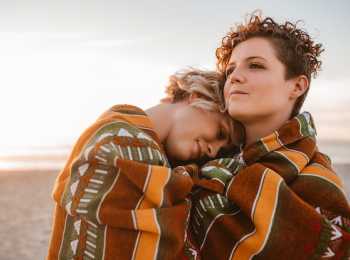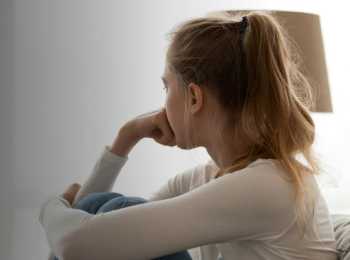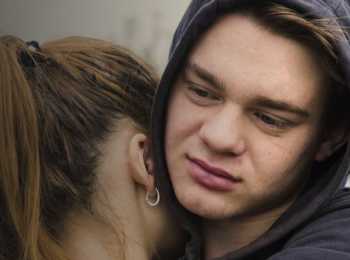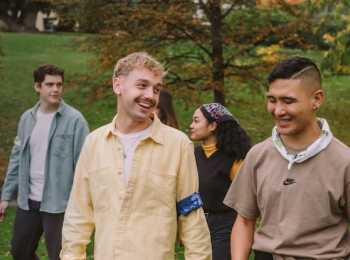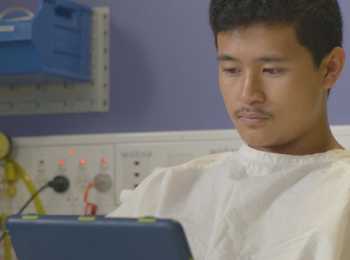What is cancer anyway?
Cancer is a disease of the cells. Our bodies are made up of billions of cells – they are basically like building blocks.
Normally, cells grow and divide to make more cells only when the body needs them.
This process helps to keep the body healthy, replace worn-out cells and heal after an injury. However, sometimes this process doesn’t go according to plan and some cells grow abnormally and form a mass of tissue called a growth or a tumour.
Tumours can be benign (not cancerous) or malignant (cancerous). Benign tumours can often be removed and don’t spread to other parts of the body. Malignant tumours can also often be removed, but they can also invade and damage nearby tissues and spread to other organs in the body. The spread of cancer from one part of the body to another is called metastasis.
Some cancers, like leukaemia, do not form tumours but are diseases of the bone marrow and blood.
There are more than 200 different types of cancer. Some are more common in young people than adults.
Cancer Council has detailed information about the causes, diagnosis and treatment of specific cancers.
How do they know I have cancer?
Cancer is usually noticed because of symptoms, such as extreme exhaustion, headaches or blurry vision. Some signs of cancer can easily be mistaken for other common illnesses (even a cold or flu).
If you were unwell for a long time, your doctor probably suggested doing some extra tests, such as x-rays, magnetic resonance imaging (MRI) scans or blood tests. You might be starting to get familiar with all that poking, prodding and scanning.
Less commonly, a person can have cancer but have no symptoms, and the cancer is discovered during tests, surgery or treatment for another illness.
If cancer has been identified, you might have had more tests to find out what type of cancer it is and how far it has developed or spread. After a lot of appointments and waiting for results, the doctors would have given you your diagnosis.
How did I get cancer?
Cancer is quite common – about one in three people will have cancer in their lives. But cancer in young people is rare. Each year in Australia about 1300 young people aged 12 to 25 are diagnosed with cancer.
The causes of most cancers are unknown. You can’t catch it from another person and you can’t give it to anyone else.
Some people worry that there is something they did to cause the cancer, but this is unhelpful thinking. There is nothing you did caused the cancer. You might worry that smoking, drinking or taking other drugs contributed to you getting cancer. Although there is a link between these things and some cancers, it is very unlikely to be the case in people your age. Particularly in young people, cancer can just happen.
My diagnosis came with an underlying neurological condition called neurofibromatosis. As a result, my doctors told me I would be at high risk of developing a cancerous tumour as I grew up. So I would always have tests done to ensure my tiny tumours haven't turned. I knew there would be a 50/50 chance of them developing; Therefore, it wasn't unexpected or unusual. Amy, 25
Can they cure it?
Most young people survive cancer. However, the reality is that sometimes cancer cannot be cured. Many factors affect the outcome, including what type of cancer you have, where it is and how advanced it is when diagnosed.
The likely outcome of your particular cancer is called your prognosis, which is different for every person. Talk to your doctor about what they expect in your case. It is important to get the right information and support.
How long does cancer last?
Everyone is different and everyone’s cancer is different. Some cancers may take 3 months to treat, while other cancers may take 3 years or more. One cancer treatment may have bad side effects and other treatments may have none.
This may seem really unfair, but it depends on the type of cancer and the type of treatment.










